|
Dr Tom Cromarty Editor Interests: Paediatric Emergency Medicine, Medical Engagement and Leadership, Simulation, Quality Improvement, Research Twitter: @Tomcromarty |
Welsh Research and Education Network
WREN BlogHot topics in research and medical education, in Wales and beyond
Dr Celyn Kenny Editor Interests: Neonates, Neurodevelopment, Sepsis, Media and Broadcasting Twitter: @Celynkenny |
|
Assim Ali Javaid – ST3 Paediatric trainees in Wales are a lucky bunch in many ways but one of my personal favourites is the chance to spend your ST3 year as an academic year. As far as I know, Wales Deanery is the only one that offers this option. Everywhere else you’re either on an official Academic Training Fellow Programme or not. Wales Deanery has been running the Academic ST3 Year option for the last 3 years and it offers paediatric trainees in Wales a chance to explore interests in research and/or teaching before formally entering Level 2 training. This is done alongside providing out of hours clinical cover at the University Hospital of Wales (UHW), usually as the Specialty SHO on call. There is only one Academic ST3 post available per year and it is largely up to the trainee who gets the post how they use the year. As such, every trainee who has had the post for the last 3 years has had a different experience.
In my case, I have an interest in research and teaching and wanted to explore something related to Paediatric Emergency Medicine. After discussing options with various consultants, I decided to join Professor Alison Kemp’s team and explore burns injuries in children from a safeguarding perspective. Alongside this I have offered to cover a clinical trial being carried out by the UHW Research Unit, taken up multiple teaching opportunities and started a Postgraduate Certificate in Medical Education. With all this on my plate, my day-to-day work varies greatly and I don’t have a typical “day” of work. In order to give you an idea of what I’ve done with this year I’ll briefly mention the different roles I’ve taken on. It’s worth remembering though, that this is a very flexible year and there are a number of other ways to use the time. The bulk of my work is based in research. The burns team I work with has a database of around 4,000 burns cases with huge amounts of usable data recorded for each case. After deciding on a couple of research questions with Professor Kemp, most of my time is spent reading through the relevant literature, working with the database and trying to answer it. Proposing and answering research questions uses an entirely different set of skills to managing patients on the ward and one of the main advantages to this year is getting a chance to exercise a set of cognitive functions we rarely get to use in clinical practice. For those unfamiliar with statistical analysis, as I was, this can be pretty daunting at first but as you have no in-hours clinical commitments, there is plenty of time to learn how to work with biostatistics. This would essentially be all I did during the day if I hadn’t chosen to take up a number of extra activities to break the monotony of research. During most weeks I will have two to four half day sessions dedicated to doing some of this extra work. I provide clinical cover for a trial being carried out at the Research Unit in UHW, for which my job is writing prescriptions, doing blood tests, interpreting ECGs and assessing any children who become acutely unwell while participating in the trial. Alongside this I spend a lot of time teaching. There are numerous teaching opportunities with UHW or Cardiff University and, I should point out, all are available for anyone to help with. However, the advantages of being an Academic Trainee is that, first, you have the time available to do a lot of teaching and, secondly, you’re often one of the first trainees to come to mind when Consultants or registrars are looking for help with teaching. So far this year I’ve been involved with teaching clinical skills to medical students, facilitating ethical debates between medical students, providing teaching to medical students on paediatric emergencies and paediatric prescribing, helping with mock paediatric exams for medical students at UHW, being a clinical tutor to final year students doing a module in Patient Safety, doing paediatric simulation training with final year medical students and providing teaching sessions for paediatric trainees due to sit their MRCPCH written or clinical exams. There are considerable out of hour’s responsibilities too. The Academic ST3 usually goes on to the Specialty SHO on call rota, which is 50% banded at present, providing out of hours cover for Surgery, Neurology, Cardiology, Respiratory, Renal and Oncology. However, another great advantage to being an ST3 at UHW is the option to step up and cover your on call shifts as the Registrar instead. UHW is a nice place to do this as you’ll be paired with registrar covering General Paediatrics (usually more senior than yourself) and there’s an onsite PICU registrar for help also. Of course stepping up to Registrar is entirely optional and the post is based on the assumption of SHO level cover. If you’re considering applying for the Academic post for ST3 there is only one place available per year, so it can be competitive. In order to qualify, the applicant has to be on course to have completed their membership exams, i.e. all the written papers and the clinical exam, by the end of ST2. If that’s the case, what you need to consider is whether this is what you’d like to do with your ST3 year. Trainees who aren’t particularly interested in research or teaching, those who want to get as much SHO level clinical experience before entering Level 2 training or those who want to skip ST3 altogether and go straight to ST4 probably have little to gain from spending their ST3 year on an Academic post. It’s also not particularly great for those who want to gain early experience in a particular sub-specialty in UHW, with a possible future SPIN or Grid application in mind. However, this is a fantastic post for anyone with an interest in research and/or teaching, for those looking to improve their CV for a future Grid application or those who just want a bit of a break from constant clinical practice. It’s a rare chance to experience something outside of clinical practice, without having to take time out of the programme in order to accomplish it. Personally, I can’t recommend the Academic post highly enough!
1 Comment
Dr Annabel Greenwood ST3 This is the first (hopefully of many!) of a new blog feature entitled ‘a day in the life of….’ Rebecca and I thought the blog would provide an excellent platform to share experiences of various opportunities and achievements, including paediatric speciality medicine posts, and out-of-programme experiences, both academic and non-medicine related, inspiring readers to explore something new to enhance and enrich their paediatric training. It gives me great pleasure to debut this new blog feature by sharing my experiences of paediatric oncology. Having just completed my 6-month ST3 post, there is absolutely no question that I would recommend it to my fellow trainees! I hope by the end of reading this blog some of the misnomers associated with the world of paediatric oncology will have been dispelled. Now, I’ll be completely honest with you…when I was first given ‘paediatric oncology’ as my ST3 rotation, I was a little apprehensive to say the least. My previous exposure to oncology had been only brief encounters during out-of-hours speciality cover, treading water until handover. The complexity of the patients, the mind-field of chemotherapy regimens, and the ‘sick’ potential of the febrile neutropaenia patients is enough to induce a resting tachycardia just thinking about it right?! Let alone managing such situations! Fast forward 6 months, and my feelings as I walk onto the ward each morning couldn’t be further from that overwhelming uncertainty at the outset. And these are just some of the reasons why; 1. Teamwork: The MDT on the paediatric ward is truly wonderful and you feel part of the ‘family’ in no time. The nurses and nurse specialists know everything about their patients and chemotherapy regimens, and are always happy to help, the play specialists have an incredible way of boosting morale and making what can sometimes feel impossible, possible, and the consultants are very ‘hands-on,’ supportive and approachable. I sometimes don’t know where I’d be without the knowledge and advice of the pharmacists, not to mention to the wonderful physios, dieticians, and psychologists. 2. Variety: There is no denying that paediatric oncology is one of the busiest jobs in the hospital. The days can be relentless and sometimes it feels like you spend hours sorting the smallest of tasks, yet it’s often the smallest things that can make the biggest difference to both patients and their families. No two days are the same, from daybed reviews to the ward management of both haematology and oncology inpatients…every day brings new challenges and experiences. 3. Organisational/management skills: New patients often need investigations and procedures sorting quickly, involving liaison with the anaesthetists, surgeons and radiologists. There is a weekly ‘lines list’ to be coordinated for insertion/removal of portacaths/hickmann lines, and there is a weekly ‘planning meeting’ to discuss and arrange patients to be admitted for chemotherapy, investigations or procedures. 4. Practical procedures: There is a small theatre room on the ward for the weekly list of bone marrow aspirates, lumbar punctures and intrathecal chemotherapy. This is primarily led by the consultants and registrars. 5. The management of sick kids: Oncology and haematology patients have the potential to get really sick, quickly. Neutropaenic patients on chemotherapy can become profoundly septic, and sickle cell patients can present in an acute crisis. Coordinating the management of such patients although stressful, is excellent preparation for transitioning to middle grade training. There are protocols for the management of various situations, and as mentioned previously, there is always support provided by the consultant. 6. Emotional aspect: One of my principal anxieties before starting the rotation was how to handle the emotional aspect of the job. Of course, there can be devastating situations where treatment is unsuccessful, however, the kids are incredible, so resilient and courageous, and certainly serve to put things into perspective. Many of the children return to the ward on a regular basis for reviews and chemotherapy, so you really get to know the children and their families, and play a significant part along their treatment ‘journey.’ Of course like most jobs there can be days where there is no spring in my step along the ward, however, the positives far outweigh the negatives, and I am so grateful for the opportunity to experience such a truly wonderful job. If you've done a unique job and want to share your experiences as a blog post then email either Rebecca or Annabel to share different experiences.
|
Editors
Dr Annabel Greenwood Categories
All
|

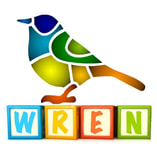
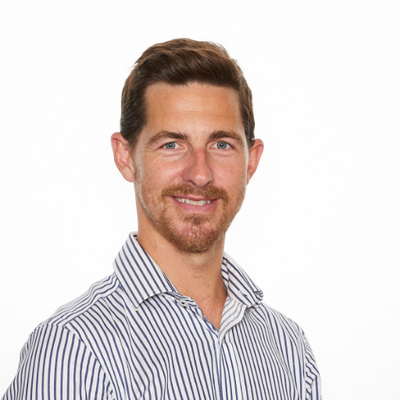
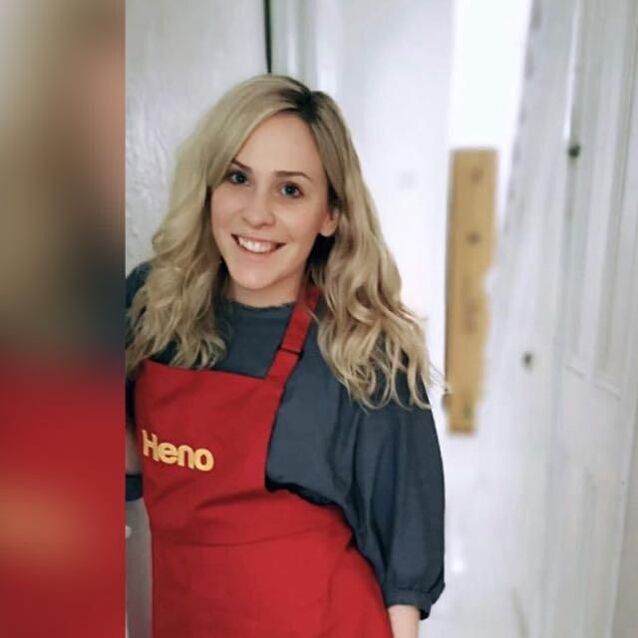
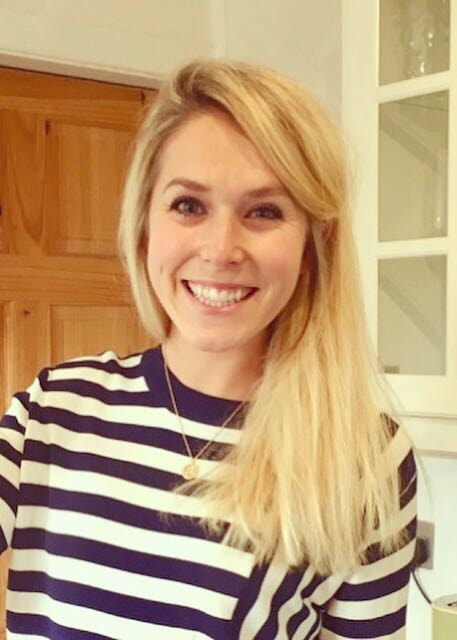
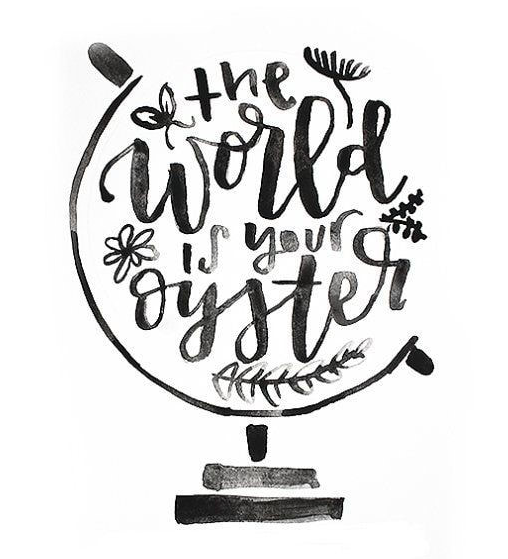
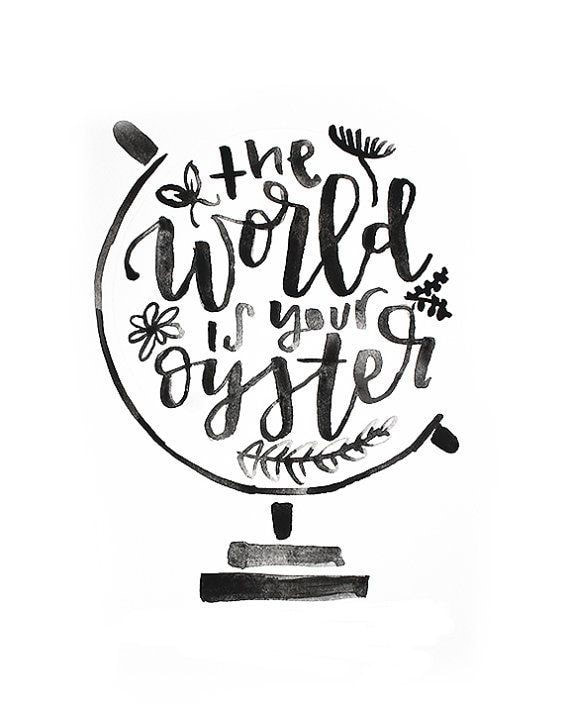
 RSS Feed
RSS Feed
